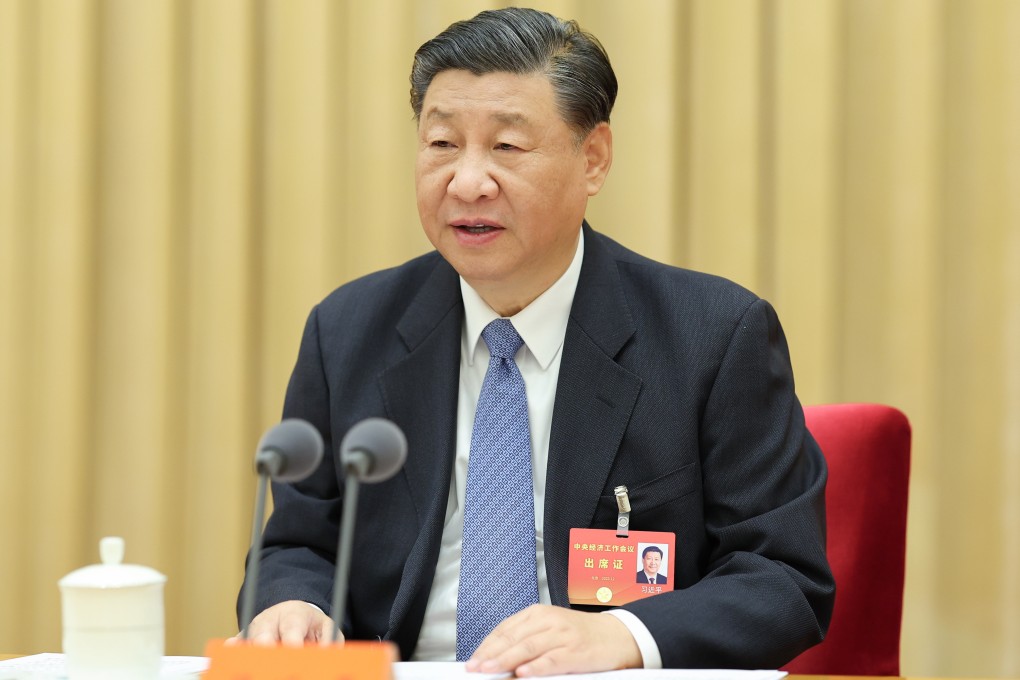Advertisement
The View | Beijing risks fiddling while China’s economy sinks further into deflation
- China is in danger of making the same mistake as Japan in treating the symptoms of the economy’s descent into deflation, rather than the causes
Reading Time:4 minutes
Why you can trust SCMP
8

The extreme focus on the US Federal Reserve is distracting from the real drama for global markets: how People’s Bank of China (PBOC) officials play the next few months.
It’s grand, of course, that investors think Fed chairman Jerome Powell may pull off that most elusive feat known as a “soft landing”. But the deepening deflation confounding PBOC governor Pan Gongsheng will keep any celebratory impulses to a minimum.
Statistically speaking, the 0.5 per cent year-on-year drop in China’s consumer price index last month might not seem too dire. But when seen in the context of the myriad headwinds racing China’s way, 2024 may already be something of a washout for Asian economies.
Advertisement
Pan’s team is contending with a massive housing bubble deflating in real time, rapid capital outflows, cratering business and consumer sentiment, elevated global bond yields and a crisis of confidence in President Xi Jinping’s readiness to stabilise things. Making matters worse, the PBOC is operating in an environment where the Communist Party is sending decidedly mixed signals.
This latter dynamic looms large following last week’s central economic work conference. In the days before the annual planned session, state media created the impression that bold stimulus moves were on the way. The confab ended without plans to jolt a slowing economy.
Advertisement
On the surface, this might sound pragmatic, perhaps even reassuring. It could be read as a hint that Xi’s government is optimistic about 2024 and that traders shorting Shanghai stocks might want to rethink strategies. Below it, deflationary forces are stirring in ways that suggest a dangerous level of complacency in Beijing.
Advertisement
Select Voice
Choose your listening speed
Get through articles 2x faster
1.25x
250 WPM
Slow
Average
Fast
1.25x
